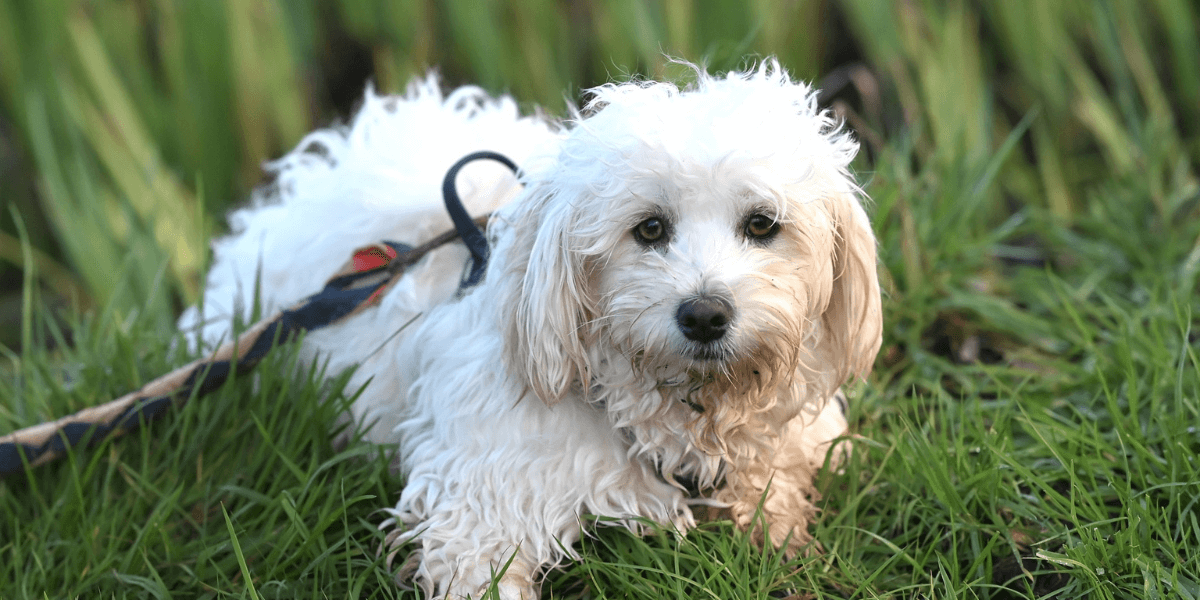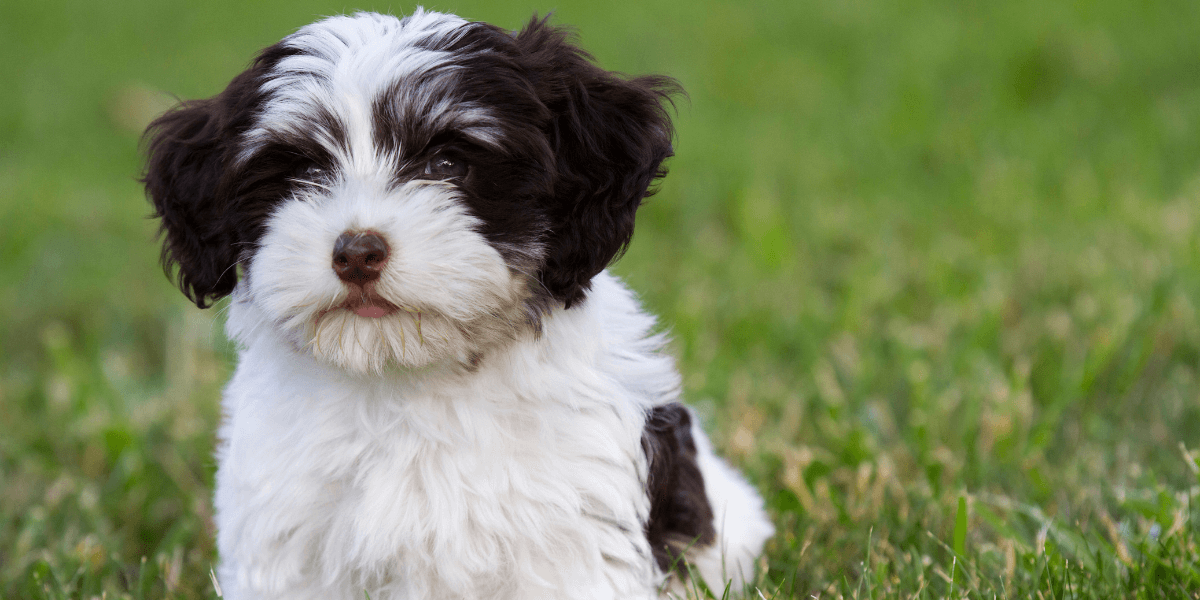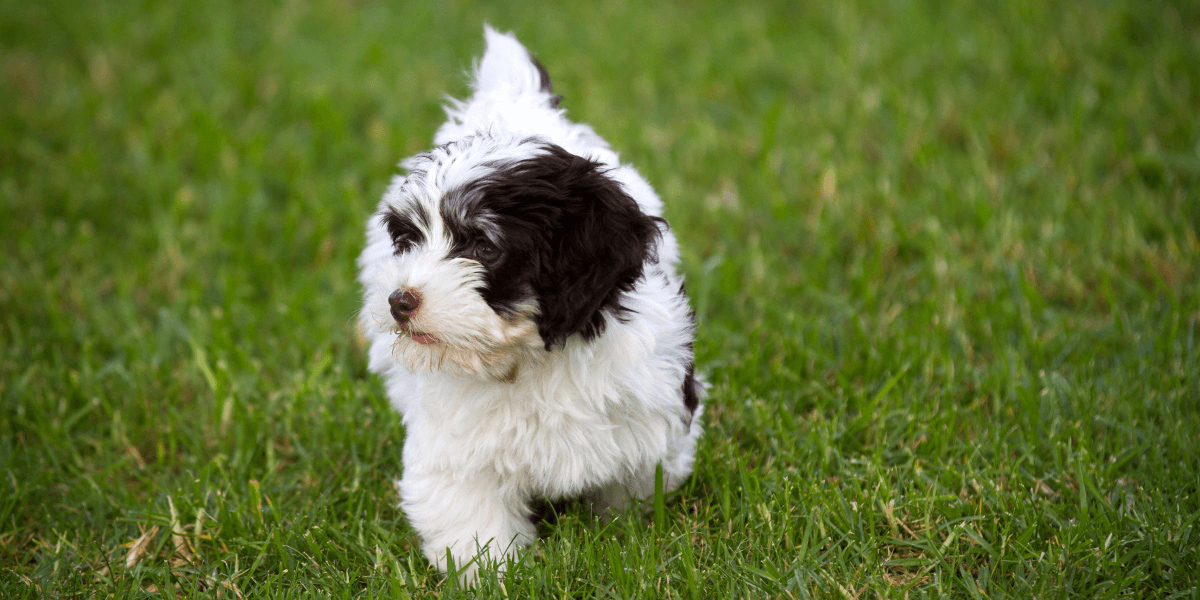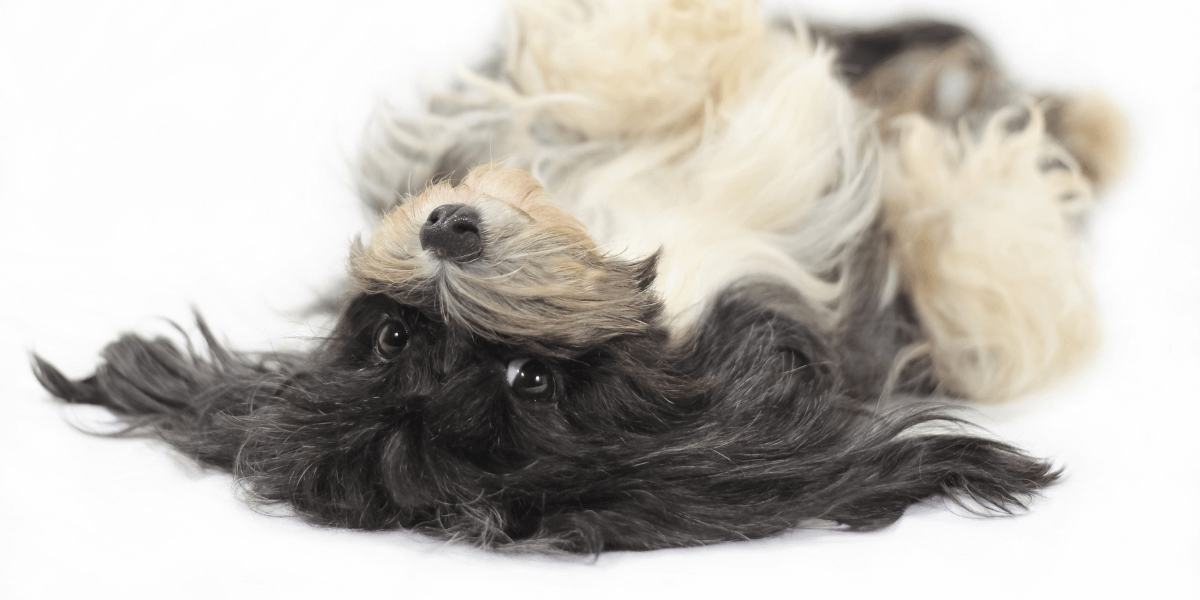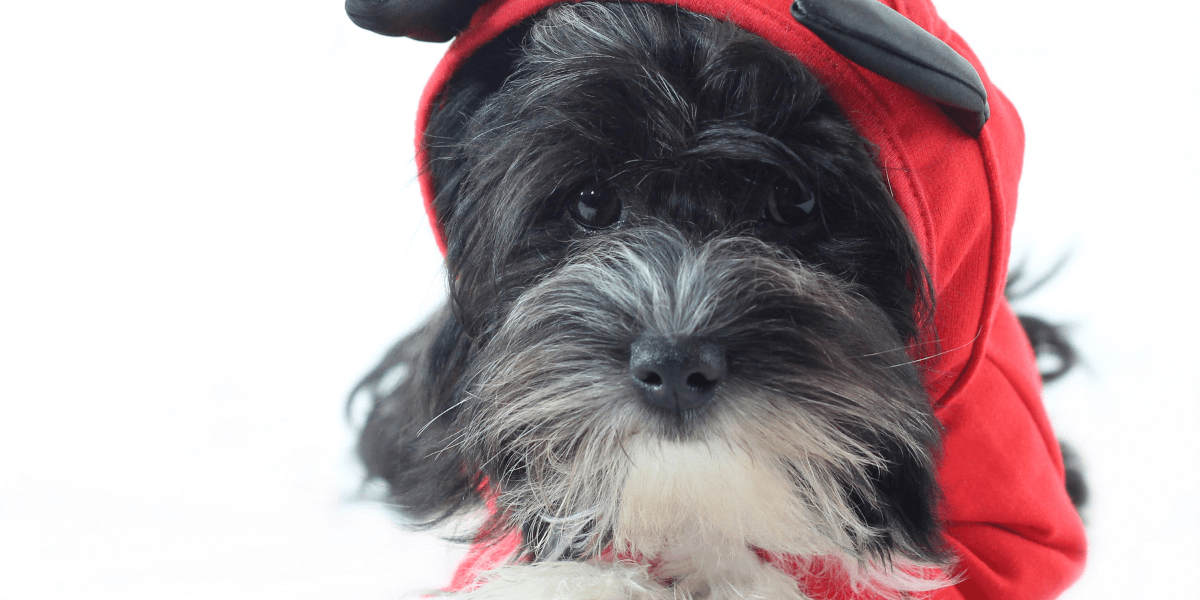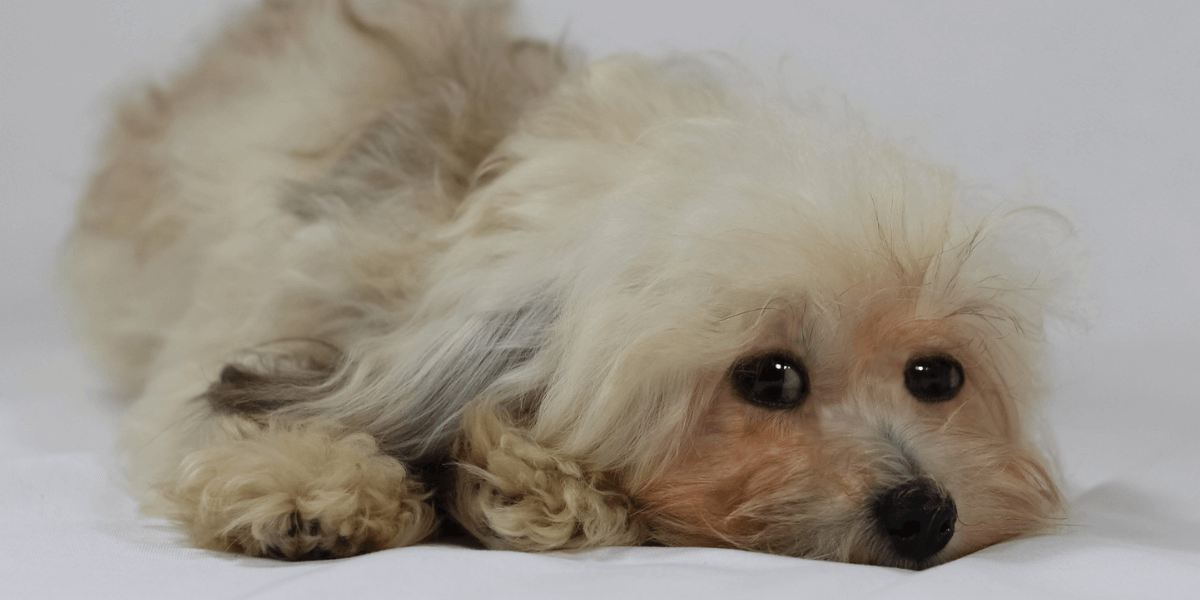Introduction
The top 10 health concerns for Havanese involve lively, affectionate dogs with charm.
- Despite their friendly nature, Havanese are prone to specific health issues and concerns
- Understanding these concerns is crucial for ensuring a long, healthy life for your pet
- Proper care and regular vet check-ups can prevent common health problems in Havanese
- This guide covers top health concerns and prevention tips for your Havanese dog
- Being proactive helps keep your Havanese happy and healthy through attentive care
1. Hip Dysplasia
Hip dysplasia is a genetic condition affecting the hip joints and their function.
- Symptoms: Look for signs such as limping or difficulty in rising from a resting position
- Diagnosis: Regular vet check-ups and X-rays are essential for early detection
- Treatment: Weight management and medications can help alleviate joint pain effectively
- Surgery: In severe cases, surgical options may be necessary to restore joint function
- Prevention: Responsible breeding practices are crucial to reducing the risk of dysplasia
- Exercise: Moderate, controlled exercise helps maintain joint health and mobility
2. Eye Problems
Havanese are susceptible to various eye issues that can affect their vision and comfort.
- Cataracts: Causes cloudy vision and may eventually lead to blindness if untreated
- Glaucoma: Increased eye pressure can result in pain, discomfort, and vision loss
- Dry Eye: Lack of adequate tear production leads to discomfort and potential damage
- Corneal Ulcers: Sores on the surface of the eye cause significant pain and discomfort
- Regular Check-ups: Routine eye exams are vital for early detection and management
- Medication: Use eye drops and other medications as prescribed by your veterinarian
3. Ear Infections
Ear infections are common in Havanese due to their floppy ears which trap moisture.
- Symptoms: Look for signs such as itching, redness, and unusual discharge in the ears
- Cleaning: Regular ear cleaning helps prevent infections and maintain ear health
- Dryness: Keeping ears dry helps reduce the risk of bacterial and fungal infections
- Veterinary Care: Prompt treatment from your vet is essential for severe ear infections
- Allergies: Allergic reactions can contribute to recurring ear problems in Havanese
- Check-ups: Routine vet visits ensure that ear health issues are addressed timely
4. Dental Issues
The top 10 health concerns for Havanese include serious issues from poor dental hygiene.
- Tartar Buildup: Excessive tartar can lead to gum disease and eventual tooth decay
- Brushing: Regular brushing helps prevent tartar buildup and maintains oral health
- Dental Cleanings: Professional cleanings by a vet are necessary for thorough dental care
- Chew Toys: Providing chew toys helps reduce tartar and promotes dental health
- Bad Breath: Persistent bad breath may indicate underlying dental or health issues
- Regular Checks: Monitor your dog’s teeth and gums for signs of dental issues
Ensure your Havanese's dental health by choosing the right diet; learn from a vet's guide on canine nutrition.
5. Allergies
Havanese can suffer from various allergies that impact their comfort and health.
- Symptoms: Watch for signs such as itching, sneezing, and gastrointestinal disturbances
- Food Allergies: Certain foods may trigger allergic reactions and discomfort
- Environmental Allergies: Common allergens like pollen and dust can cause reactions
- Diagnosis: Allergy testing helps in identifying specific triggers for your pet
- Treatment: Medications and dietary changes can alleviate allergy symptoms effectively
- Avoidance: Limiting exposure to known allergens helps reduce allergic reactions
6. Patellar Luxation
Patellar luxation happens when the kneecap dislocates, affecting the dog's mobility.
- Symptoms: Watch for signs such as lameness or an abnormal skipping gait while walking
- Diagnosis: A vet can perform physical exams and X-rays to diagnose patellar luxation
- Treatment: Treatment options range from weight management to surgical intervention
- Management: Regular exercise and joint supplements can help manage symptoms effectively
- Prevention: Avoid activities that place excessive strain on the knees to prevent issues
- Monitoring: Regular vet visits are essential for tracking the condition’s progress
Learn how to prevent and manage patellar luxation in Havanese by understanding joint health strategies.
7. Respiratory Issues
The top 10 health concerns for Havanese include respiratory issues like coughing.
- Symptoms: Look for signs such as coughing, wheezing, or difficulty in breathing
- Allergies: Allergic reactions can lead to respiratory distress and related symptoms
- Infections: Respiratory infections require prompt treatment to prevent complications
- Humidity: Maintaining a comfortable humidity level can help ease respiratory issues
- Vet Care: Regular check-ups are vital for managing and monitoring respiratory health
- Avoid Smoke: Ensure your Havanese is not exposed to tobacco smoke or harmful fumes
8. Obesity
Obesity is a significant health concern that can lead to various other issues.
- Symptoms: Noticeable weight gain and difficulty in movement are common signs
- Diagnosis: A vet can assess body condition and weight to diagnose obesity
- Treatment: Implement a balanced diet and exercise plan for weight management
- Prevention: Monitor your dog's diet and ensure regular physical activity
- Management: Adjust portions and quality of food to prevent excess weight gain
- Exercise: Regular exercise routines help maintain a healthy weight
Combat obesity in your Havanese with proper nutrition; explore the best foods and supplements for optimal health.
9. Hypoglycemia
Hypoglycemia, or low blood sugar, can cause weakness and lethargy in Havanese.
- Symptoms: Look for signs like shaking, lethargy, or sudden weakness
- Diagnosis: Blood tests can help diagnose and monitor hypoglycemia
- Treatment: Immediate treatment includes glucose supplementation or medication
- Prevention: Regular feeding schedules help maintain stable blood sugar levels
- Monitoring: Frequent check-ups to monitor blood sugar levels in at-risk dogs
- Diet: Provide a balanced diet to prevent hypoglycemic episodes
10. Dermatological Issues
Skin problems are also among the top 10 health concerns for Havanese and need attention.
- Symptoms: Watch for itching, redness, or unusual skin patches
- Diagnosis: A vet can perform skin tests and examinations to identify issues
- Treatment: Treatments vary from topical ointments to systemic medications
- Prevention: Regular grooming and skin checks help prevent and manage issues
- Allergies: Allergic reactions can cause skin problems, so avoid known allergens
- Moisturizing: Use appropriate skin care products to keep the skin healthy
FAQs
1. What is the most common health problem in Havanese?
- Hip dysplasia is a major concern among the top 10 health concerns for Havanese
2. How often should I take my Havanese for a vet check-up?
- Regular vet visits every 6-12 months are recommended to monitor overall health
3. Can I prevent dental issues in my Havanese?
- Yes, regular brushing and professional cleanings are key to preventing dental problems
4. What should I do if my Havanese has a persistent ear infection?
- Consult your veterinarian for proper diagnosis and treatment of ear infections
5. How can I manage my Havanese allergies?
- Identify and avoid triggers, and work with your vet to manage allergies effectively
6. Is patellar luxation serious?
- Patellar luxation can be serious and may require surgery for severe cases
7. What are the signs of respiratory issues in Havanese?
- Symptoms include coughing, wheezing, and difficulty breathing which need attention
Conclusion
- Regular vet check-ups are key for preventing and managing health concerns in Havanese
- Addressing the top 10 health concerns for Havanese early ensures a longer healthier life
- Proper care, with a balanced diet and regular exercise, is crucial for good health
- Stay informed about common Havanese health issues to ensure the best care for them
- Consult your vet for tailored advice and treatments to address specific health needs
- Proactively caring for your Havanese helps maintain their health and overall well-being
Like this guide on Havanese health?
Share it with fellow dog owners and comment below!
References
For more info on the Top 10 Health Concerns for Havanese, check out:


